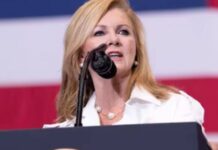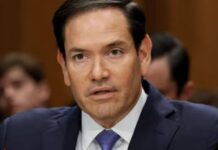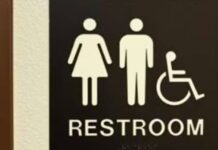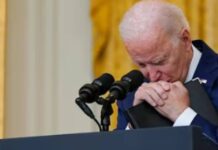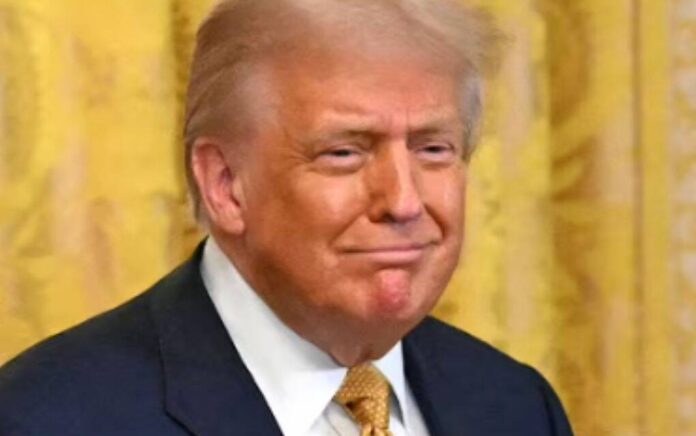
Donald Trump and his staff have been waiting for these results. Now they’re finally here.
And new test results hit Trump’s desk and White House officials are flabbergasted.
Half a year into his second term, President Donald Trump’s approval rating stands firm at 45%, according to a Marquette Law School Poll conducted July 7-16. The survey reveals a nation sharply split among deep partisan divides that are shaping views on Trump’s leadership and his policy moves.
Partisan Lines Drawn
Republicans remain Trump’s steadfast supporters, with 86% approving of his performance, a figure that has practically remained unchanged since his January 2025 inauguration. Democrats, however, are near-unanimous in their disapproval, with 93% opposing his policies. Independent voters lean heavily negative, with 62% disapproving—down seven points from May. Overall, 55% of Americans give Trump a thumbs-down.
This polarization reflects the charged climate in Washington and nationwide, as Republicans champion Trump’s aggressive agenda while Democrats push back. Central to his second term is his landmark legislation, the “one big, beautiful bill,” which has created both enthusiasm and outrage.
The Megabill: Triumph or Trouble?
Signed into law by Trump’s self-set July 4 deadline, the “one big, beautiful bill” is a sweeping package delivering tax cuts, border security funding, Medicaid reform, and a revamp of American energy policy. Passed via reconciliation by a GOP-led Congress, it fulfills key 2024 campaign promises. Yet, it’s a lightning rod: 59% of Americans disapprove, including 94% of Democrats, while 79% of Republicans back it.
Fiscal conservatives like Rep. Thomas Massie (R-Ky.) broke ranks, voting against the bill over deficit concerns. A Congressional Budget Office analysis projects it will add $2.4 trillion to the federal deficit over a decade. Public worry about the deficit is spiking, with 68% now expecting an increase—up from 52% in May. Among Republicans, concern nearly doubled, from 22% to 44%.
Economic Anxieties Loom Large
Inflation tops the list of national concerns for 34% of Americans, followed by the economy at 16%. Only 28% believe Trump’s policies will curb inflation, while 60% fear they’ll fuel it.
Partisan splits are stark: most Republicans are optimistic, but majorities of Independents and Democrats expect prices to rise. Trump’s tariff plans also face skepticism, with 59% saying they’ll hurt the economy.
Immigration: A Fading Consensus
Trump’s hardline deportation policy, a cornerstone of his term, is losing ground. Support for his deportation rollout has slipped to 57% from 66% in May, with opposition rising from 34% to 43%. Republicans remain firmly supportive, but Independents now mostly oppose it, and Democratic disapproval has surged 17 points since May.
Protests against ICE have flared, notably in Los Angeles, where riots prompted Trump to deploy the National Guard last month.
Executive Power in Overdrive
Trump has wielded executive authority with gusto, issuing a wave of orders to overhaul federal policy and shrink the government workforce. Some actions revisit grievances from his first term, further polarizing the public. While he started his term with positive approval, his numbers slid into negative territory by March and have stayed there, with 17 of 21 July national polls showing him underwater.
The poll invites comparison to former President Joe Biden, whose single term fell between Trump’s two. In July 2021, Biden secured positive approval at his six-month mark, but his numbers soon tanked amid the botched Afghanistan withdrawal, soaring inflation, and border challenges.
As Trump approaches the second half of his first year back in office, the Marquette poll captures a nation at odds over his leadership. His “one big, beautiful bill,” immigration crackdown, and economic policies dominate the discourse, but bridging the partisan divide—or at least keeping his base energized—will be key.
Stay tuned to The Federalist Wire.


